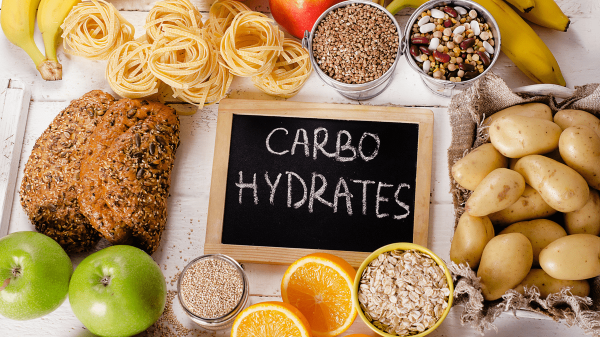A diet of a diabetic person must contain healthy foods taken in moderate amounts along with regular meals.
A diabetes diet is definitely a healthy diet that contains essential nutrients with low fat and calories. The key elements include whole grains, vegetables, and fruits. Actually, a diabetes diet can be taken by any person.
Importance of Healthy-eating plan
If you are a diabetic or pre-diabetic, your doctor will recommend seeking a dietician’s help in devising a healthy meal plan.
- The plan will help you in managing your ideal weight, controlling blood glucose levels, and decreasing risk factors associated with heart diseases such as high fats and high blood pressure.
- When you munch on extra calories and fats, your blood glucose level rises.
- High blood glucose levels can lead to some health problems, including hyperglycemia which can further cause heart, kidney, or nerve damage in severe conditions.
- You can maintain your blood glucose levels by keeping and following a healthy meal plan.
- For people with type-2 diabetes, losing weight can help a lot in controlling blood glucose levels.
- To weight loss, a diabetes diet as per dietician’s guidance can help in reaching your goal in a nutritious and healthy way.
Diabetes diet
A diabetes diet consists of three regular meals in a day. It aids in the better use of insulin obtained through medication or naturally produced in your body.
A dietician can help in designing a diet plan as per your health, lifestyle, and needs. He/she can also help in guiding you with the eating habits that will suit you best according to your activities.
Recommended foods for diabetic patients
You should add nutritious foods to your diet. Prefer high-fiber foods, carbohydrates, fish, and good fats-containing foods into your diet.
Healthy carbohydrates
During the digestion process, simple and complex carbohydrates (sugars and starches) break down into blood glucose. You should add healthy carbs in diet, such as:
- Vegetables and fruits
- Legumes like peas and beans
- Whole grains
- Dairy products such as cheese and milk
Avoid carbohydrates that are less healthy, including drinks and foods with extra sugars, sodium, and fats.
Fiber-rich foods
Dietary fibers contain those parts of plant foods which cannot be digested by your body. Fiber helps in the improvement of blood sugar levels. High-fiber foods include:
- Vegetables and fruits
- Legumes like peas and beans
- Whole grains and nuts
Heart-healthy fish
It is suggested to eat heart-healthy fish twice a week. Fish including sardines, salmon, tuna, and mackerel contain high omega-3 fatty acids, which are helpful in preventing heart diseases.
Try to avoid fried fish and fish containing high levels of mercury which can be harmful. King mackerel is one of them.
‘Good’ fats
Foods which contain polyunsaturated and monounsaturated fats can be helpful in lowering the cholesterol levels in your body. Such foods include:
- Nuts
- Olive, canola, and peanut oils
- Avocados
- It is recommended not to overeat, as they contain high amounts of calories.
Foods to avoid in diabetes
Diabetes can increase the risk of stroke and heart diseases because it can clog and harden the arteries of the heart. Following foods can affect your heart health badly:
1. Saturated fats
Cut down on the use of high-fat dairy products and other animal proteins, including beef, sausage, butter, bacon, and hot dogs. Also, avoid high-fat oils such as palm kernel and coconut oil.
2. Trans fat
Avoid trans fats, which can be harmful to your body. Such trans foods include baked goods, stick margarine, and processed foods.
3. Cholesterol
High amounts of cholesterol can be harmful to your body. It is recommended to take 2 mg of cholesterol per day. High-cholesterol foods include liver, high-fat dairy products, egg yolks, and high-fat animal proteins.
4. Sodium
It is suggested to take less than 2300mg of sodium per day. Avoid high-sodium-containing foods such as sugary and cold drinks and processed foods.
Glycemic index
Glycemic index is a method opted by diabetic people to select foods such as carbohydrates.
These methods aid in the better selection of carbs-containing foods based on their effect level on blood sugar levels. Seek a dietician’s advice before using this method.
















